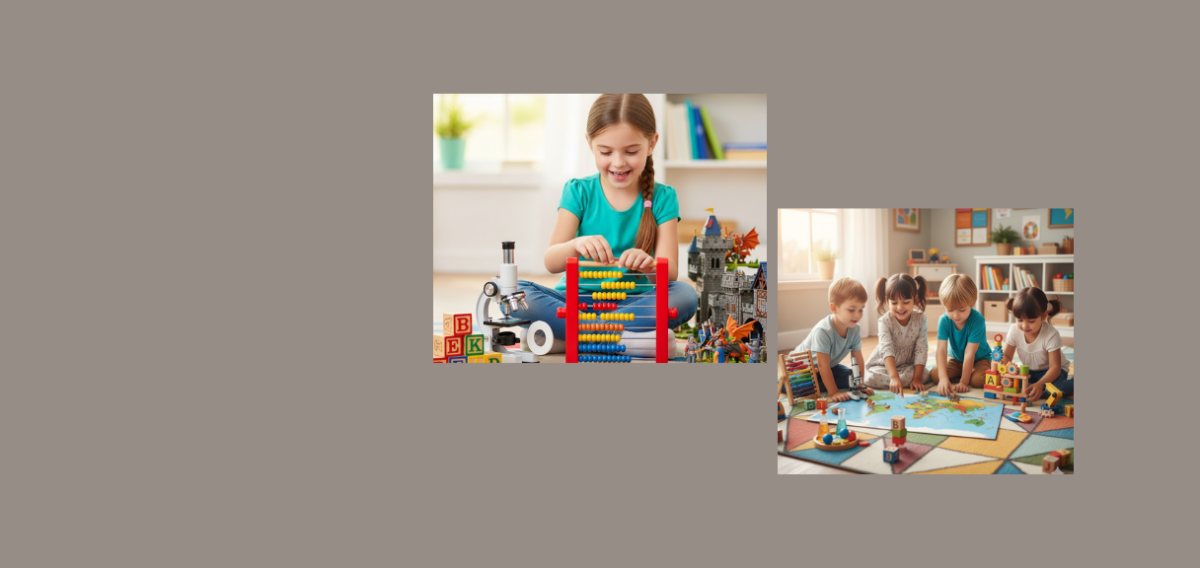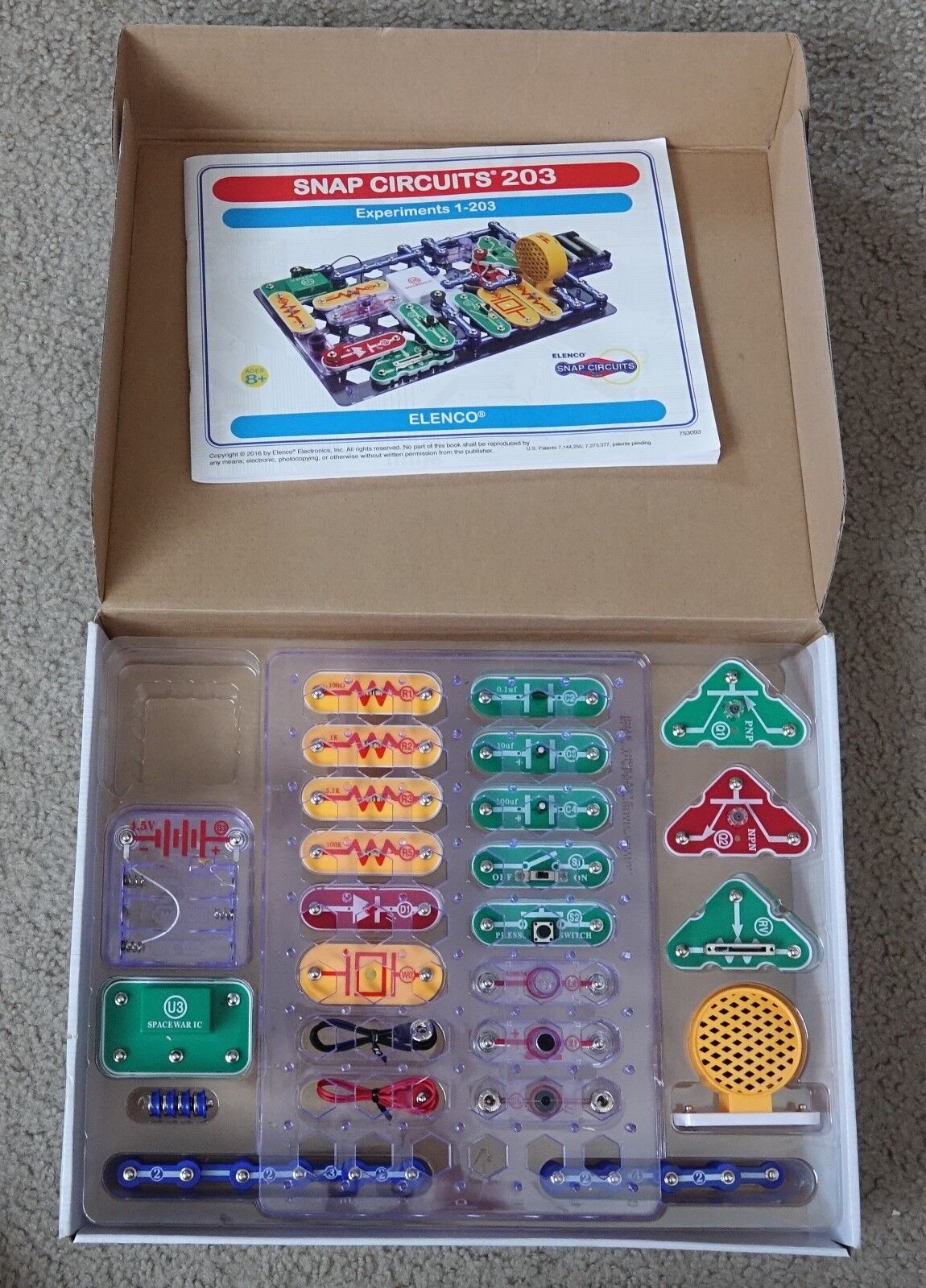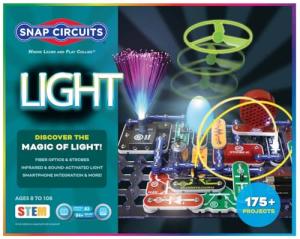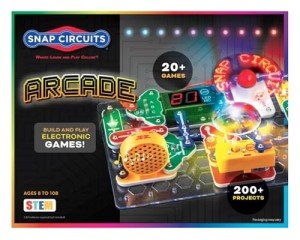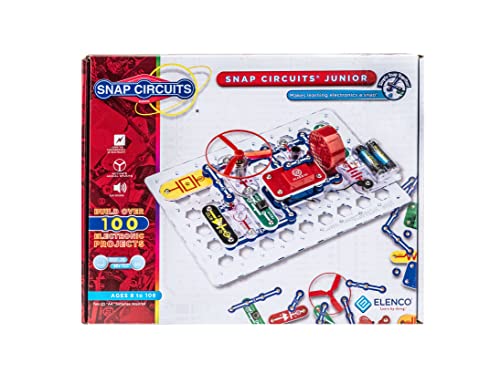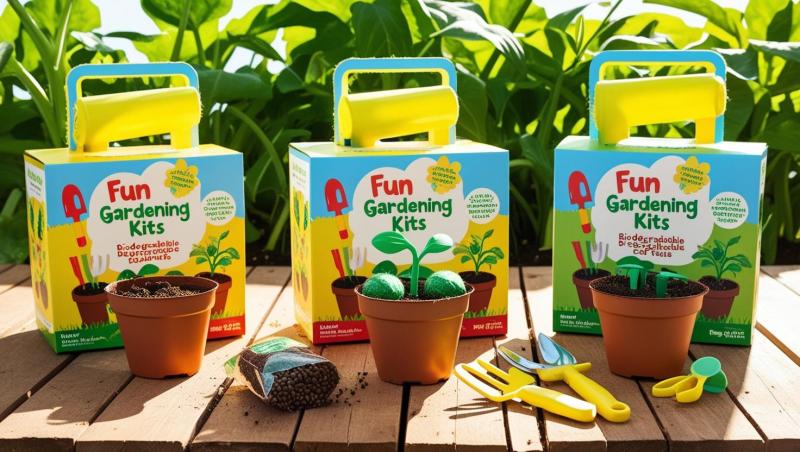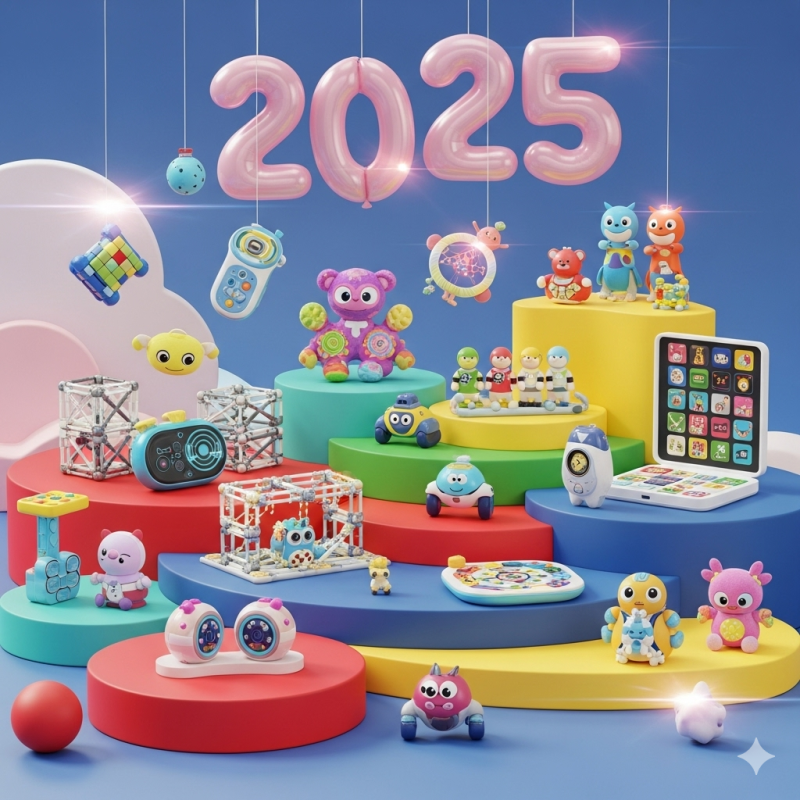Toys That Enhance Child Development
From the earliest months of life, toys that enhance children development play a key role in helping kids learn, grow, and thrive. The right toys do more than simply entertain: they encourage creativity, foster social skills, promote academic understanding, and support emotional resilience. Whether searching for toys for girls, toys for boys, educational toys, or developmental toys for kids, choosing the best playthings can unlock a world of discovery for every child.
This guide dives deep into the most effective learning toys to nurture young minds, explains what makes a toy developmental, and lists top picks and types for every age and interest.
Why Toys Are Critical to Development
Play is how children make sense of the world. Through playful exploration, kids master new skills, learn about cause and effect, receive sensory input, and build positive relationships. Toys that enhance child development are designed to stimulate specific skills—physical, cognitive, emotional, and social.
Selecting development toys for kids means balancing fun, safety, and challenge, providing opportunities for hands-on discovery and growth. These toys adapt to every need—whether boosting early math, language, or coordination.
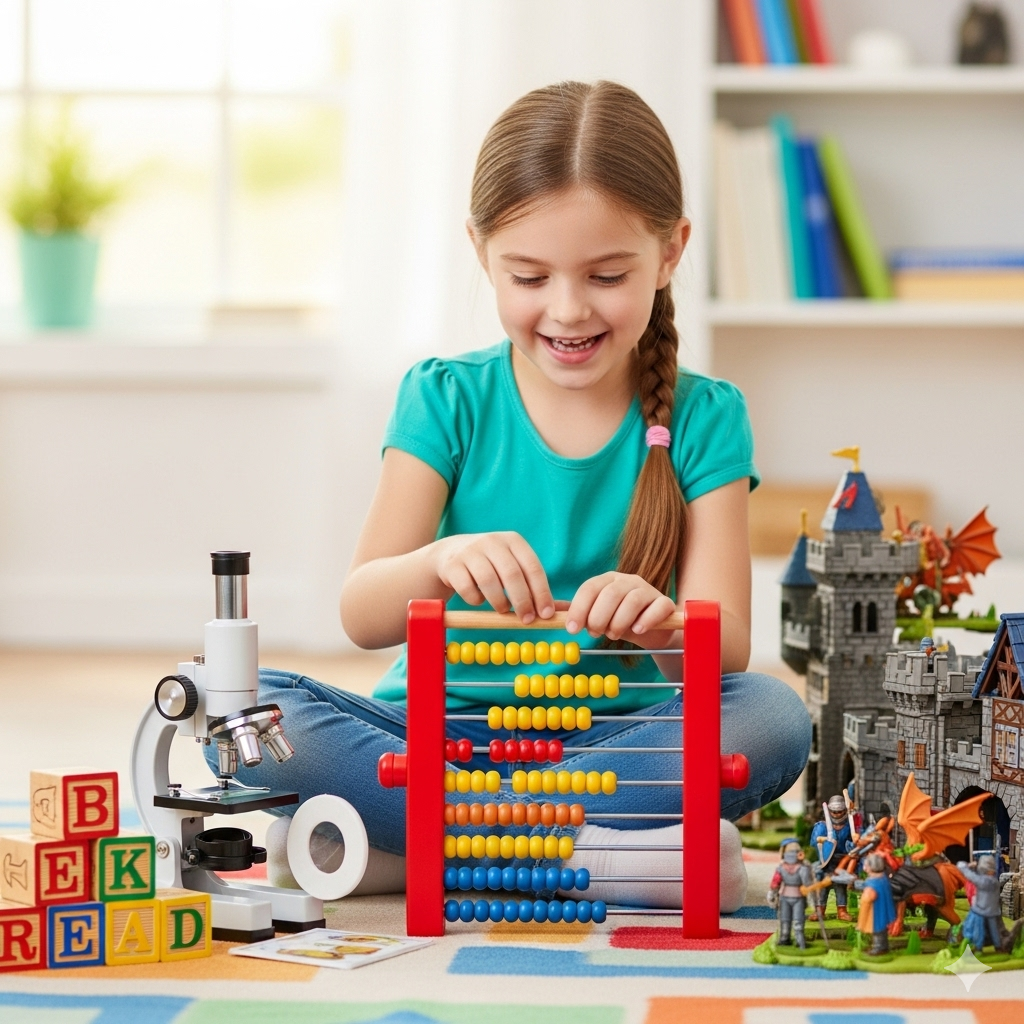
Core Developmental Areas and Toy Recommendations
Fine Motor Skills
Fine motor skill development enables children to grasp, manipulate, and control small objects, which is essential for tasks such as writing, dressing, and using tools. Toys that support fine motor refinement include:
-
Chunky wooden puzzles with large knobs: Perfect for beginners, they teach grasp control and hand-eye coordination.
-
Stacking cups or blocks: Help with spatial awareness, grip strength, and precision.
-
Large beads and lacing cards: Promote bilateral coordination, essential for academic readiness.
-
Play-Doh and modeling clay: Strengthen finger dexterity and encourage creative expression.
Gross Motor Skills
Gross motor toys build strength, coordination, and balance through large movements. These skills lay the foundation for sports, safe mobility, and self-esteem.
-
Push-and-pull toys: For walking stability and improved posture.
-
Ride-on toys without pedals: Boost balance and leg strength.
-
Foam playgrounds and climbing frames: Challenge gross motor skills, body awareness, and problem-solving.
-
Ball pit and soft foam balls: Encourage whole-body movement and coordination.
Cognitive Development
Cognitive growth includes problem-solving, reasoning, and memory. The best toys provide opportunities to experiment, discover, and think independently.
-
Shape sorters and matching games: Foster pattern recognition and logical reasoning.
-
Simple board games and puzzles: Encourage memory skills and strategic thinking.
-
Musical instruments: Support rhythm awareness and understanding of cause and effect.
-
Story books with textured elements: Combine visual learning with sensory exploration.
Social and Emotional Learning
Social skills help children interact with others, learn empathy, and engage in cooperative play. Emotional development allows for self-regulation and resilience.
-
Pretend play sets (kitchen, doctor, farm, dress-up): Invite role-play, sharing, and understanding emotions.
-
Games promoting turn-taking and rule following: Teach teamwork and patience.
-
Puppets and dolls: Extend imagination and foster emotional expressiveness.
-
Group activities with slides, rockers, or balance boards: Build friendships and confidence.
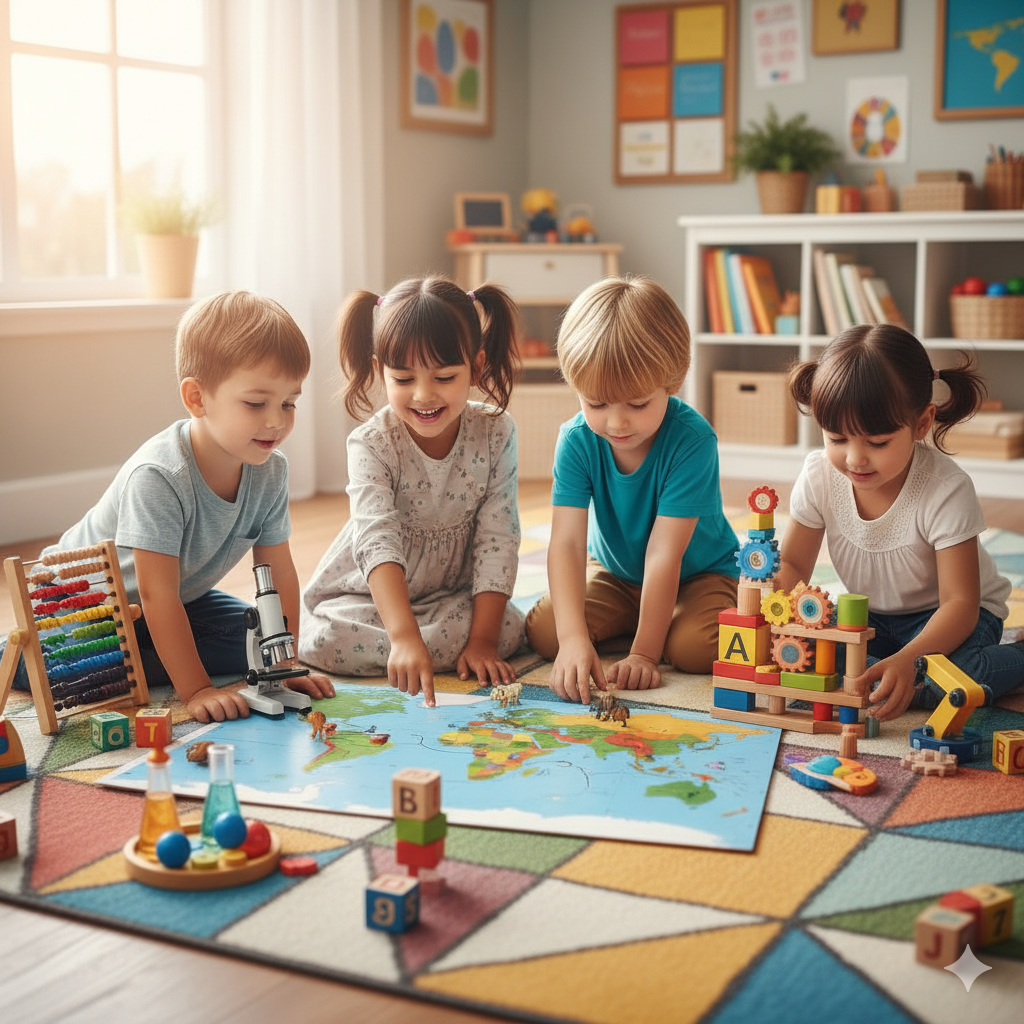
Sensory Development
Sensory toys help children interpret the world through touch, sight, sound, and movement, supporting brain integration.
-
Textured balls and sensory sets: Offer varied tactile and visual input.
-
Non-toxic finger paints: Spark creativity and sensory exploration.
-
Aquadoodle mats: Mess-free creative play, taps into visual and fine motor learning.
Top Developmental Toys for Kids: Boys and Girls
There’s no one-size-fits-all. The best toys for girls and toys for boys blur gender stereotypes and focus on interests, abilities, and developmental stages.
Infants (0–12 Months)
-
Baby play gyms: Encourage reaching, stretching, and focus.
-
High-contrast rattles and teething toys: Develop grip, attention, and oral skills.
-
Soft blocks and tummy time mats: Aid crawling and muscle strengthening.
Toddlers (1–3 Years)
-
Walking toys, wagons, and strollers: Support first steps and body awareness.
-
Stacking rings, large sorting blocks, and simple peg puzzles: Refine fine motor skills and matching abilities.
-
Ball pits and foam playgrounds: Blend physics play and movement.
-
Chunky crayons, stickers, and finger paints: Introduce self-expression and sensory exploration.
Preschoolers (3–5 Years)
-
Building blocks (Duplo, Mega Bloks): Fuel creativity, spatial reasoning, and social play.
-
Pretend play kits (doctor, kitchen, farm): Expand vocabulary, empathy, and cooperative play.
-
Scaled-down sports equipment (balls, hoops, tricycles): Boost confidence and gross motor mastery.
-
Simple games—matching, memory cards, puzzles: Build cognitive and social skills.
-
Aquadoodle mats, modeling clay: Mess-free, creative fine motor fun.
School Age (6+ Years)
-
Complex construction sets (LEGO, magnetic tiles): Encourage innovation and teamwork.
-
Science kits and interactive learning tablets: Explore STEAM concepts (science, technology, engineering, art, math).
-
Beginner board games and strategy games: Deepen problem-solving and logic.
-
Art and craft kits: Offer painting, sewing, and sculpture for creative growth.
-
Outdoor toys (bikes, scooters, climbing frames): Continue gross motor skill building, confidence, and resilience.
-
Musical instruments (xylophones, keyboards): Foster rhythm and discipline.
Developmental Toy Examples Across Age Groups
| Age Group | Toy Example | Developmental Benefit |
|---|---|---|
| Infant | Sassy Development Ball | Sensory/fine motor |
| Toddler | Foam ball pit | Gross/fine motor, sensory |
| Preschool | Peg puzzles | Visual perception, memory |
| School Age | LEGO Classic Set | Problem solving, collaboration |
| All Ages | Non-toxic finger paints | Creativity, sensory development |
| All Ages | Pretend play kitchens | Social, emotional learning |
| All Ages | Wooden climbing frame | Physical, cognitive strength |
Features to Look For in Developmental Toys
When shopping for toys that enhance child development, consider these key factors:
-
Open-ended play: Toys with many possible uses encourage creativity and longer engagement.
-
Safety: Durable, non-toxic materials, no sharp edges or choking hazards.
-
Appropriate difficulty: Match toy complexity to your child’s skill; too easy is boring, too hard is frustrating.
-
Inclusive themes: Avoid gender-stereotyping; all children benefit from a range of toys.
-
Age recommendations: Follow manufacturer guidelines and observe how your child interacts.
-
Sensory variety: Color, texture, sound, and motion all contribute to rich learning.
Supporting All Learners: Special Needs and Unique Talents
Developmental toys can support children with special needs or different learning styles. Look for extra-large pieces, bright colors, and adaptable activities for children needing extra support, or choose more challenging puzzle sets and science kits for advanced learners.
For sensory processing, select toys with varying textures and sound levels. For motor challenges, opt for sturdy, easy-to-grip pieces. Always check for safety standards—BPA-free plastic, lead-free paint, and washable surfaces.
How to Rotate and Maintain Developmental Toys
Children’s interests shift quickly! Rotate toys every few weeks to keep play fresh, and store toys in accessible, organized bins. Clean toys regularly, and check for wear and tear to keep the play environment safe and inviting. Encourage children to help with toy care—this builds responsibility and pride in their belongings.
Final Thoughts: Play for Lifelong Growth
Toys that enhance child development are more than products. They’re opportunities for connection, discovery, and growth—for every child, every day. By selecting educational toys that support physical, cognitive, social, and emotional skills, parents can ensure playtime is both joyful and meaningful.
Whether it’s building, singing, running, pretending, or painting, quality developmental toys serve as stepping stones along the path of learning. Invest in toys that bring out the best in your child—and watch magic happen, day by day.
